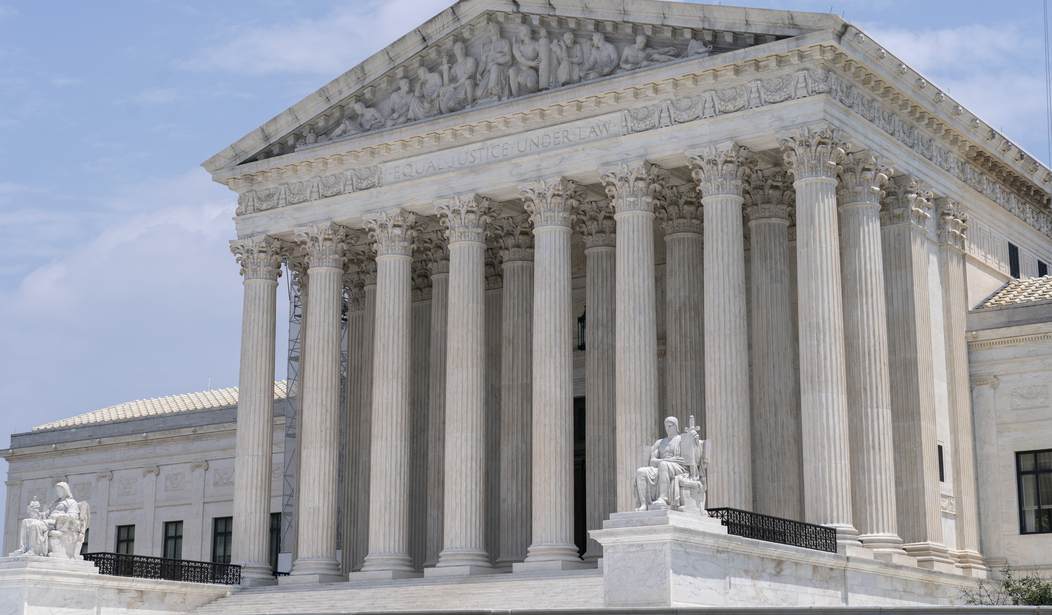Another development has surfaced in the National Rifle Association’s (NRA) contentious relationship with New York City’s government.
The Supreme Court took up the organization’s lawsuit against the city’s former Department of Financial Services Superintendent Maria Vullo on Monday.
At the center of the lawsuit is the NRA’s allegations that Vullo used her position to pressure private organizations to refrain from associating with the gun rights advocacy group. This could be a landmark First Amendment case in determining stricter boundaries for government officials seeking to push a political agenda.
The lawsuit argues that Vullo, under the directive of disgraced former New York Gov. Andrew Cuomo, urged banks and insurance companies to cut ties with the NRA through the issuance of “guidance letters” sent in the aftermath of the 2018 Parkland, Florida school shooting.
The Supreme Court will hear arguments Monday in an unusual First Amendment appeal from the National Rifle Association against a New York financial regulator who persuaded banks and insurance companies to sever ties with the gun rights group.
The NRA claims that Maria Vullo, the former superintendent of the New York Department of Financial Services, not only leaned on insurance companies to part ways with the gun lobby group but also threatened enforcement actions against those firms if they failed to comply – a point that Vullo disputes.
The appeal will test how far government regulators – liberal or conservative – may go in pressuring the companies they police to do business with controversial entities.
“The worry is we don’t necessarily want to allow state governments to start using this kind of regulatory force to engage in a kind of third-party pressuring,” said Caroline Fredrickson, a Georgetown Law professor.
The danger, she said, is that regulators in both red and blue states could start leaning on insurance companies and banks to drop coverage for disfavored advocacy groups or companies.
“On the other hand,” Fredrickson said, “you don’t want to restrict regulators from being able to have any impact on who an insurance company … is insuring.”
The U.S. District Court originally allowed the NRA’s First Amendment arguments against Vullo to proceed. However, the Second Circuit Court of Appeals reversed the decision, claiming that Vullo did not engage in coercion. It also ruled that she was protected under qualified immunity, a legal doctrine that shields government officials from being sued.
The Supreme Court’s deliberations will focus on whether state regulators should be empowered to use their authority to compel companies to disassociate with groups like the NRA. In a surprising twist, the American Civil Liberties Union (ACLU), which is typically at odds with gun rights organizations, is backing the NRA’s lawsuit. “Public officials cannot be allowed to abuse their regulatory powers to blacklist an organization just because they oppose its political views,” said ACLU Legal Director David Cole.
This could be a crucial decision that carries tremendous ramifications for how local, state, and federal governments deal with various private entities – especially where politics is concerned.
Cole is right: Public officials should never possess the authority to threaten or coerce private organizations to advance their political agendas, regardless of which side of the aisle they are on. If Vullo did that of which she is accused, it represents an egregious violation of the First Amendment. Hopefully, the Supreme Court concurs with this assessment.














Join the conversation as a VIP Member